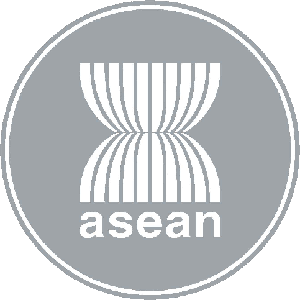Article: Research and Critical Reflection
Research and Critical Reflection
10 March 2023
By Clare Chan Suet Ching
Research and Critical Reflection
A constant debate that ensues in universities especially across Southeast Asia is the role and importance of research in the music discipline, a predominantly performance based thought-of discipline. Therefore, a discussion on the importance of research in music was roused in the session. One of the points that emerged was the need for empirical data in cases where evidence was required to support the development and continuity of music programmes in our nation. Data such as the effectiveness of music in holistic development, well-being and psychological health through research was important in supporting the cause to maintain and improve on music education programs in schools. However, a participant from a western country shared with us that even though empirical data had been provided to the government, dominant political forces had decided to purposely ignore the data. Another participant reacted to this situation by highlighting importance of utilizing stories, narratives and anecdotes that described how music changed lives, touched hearts, connected people and inspired change in influencing decisions made by the higher authority. Therefore, the session agreed that music scholars in the music discipline should be able to tell narratives as research and this data should be accepted as “empirical” data. Therefore, we should continue to advocate for acceptance of diverse expression in research outcomes.
In an ensuing discussion, the group felt that research which explored the transmission of traditional music in a holistic and lifelong learning context should to be emphasized. We believe that learning, performing and composing music should also encompass the learning of values and concepts in a particular culture. Consequently, the learning of music would transcend its performative outcomes to the enculturation of the performer as a human with positive values. We also posit that a music performer should also be able to spontaneously interact and blend together his/her music with musicians from diverse musical styles. In this sense, a musician’s creative ability is developed as he/she finds ways to blend and “harmonize” their music with other music.
The session ended with a discussion on how SEADOM could support the concerns of music directors in Southeast Asia’s on its musical development. We agreed that SEADOM provided the platform for connecting people with common research aims for future collaborative research. The group also raised the possibilities of a central online database that could facilitate this connection.

The attendees:
Clare Chan Suet Ching, Universiti Putra Malaysia, Malaysia (Author)
Ang Mei Foong – Universiti Putra Malaysia, Malaysia
Yap Jia Ying - Alumni Universiti Pendidikan Sultan Idris, Malaysia
Nilesh - Vijaybhoomi University, India
Mieko Kanno - Sibelius Academy, University of the Arts Helsinki, Finland
Kirsty McCahon - Melbourne Conservatory of Music, Australia
Pongthep - Princess Galyani Vadhana Thailand, Thailand
Friederike Jurth - University of Music Weimar, Germany
SEADOM Member Benefits
In a discussion on how SEADOM benefits and could further benefit Southeast Asia music directors, participants in the session mentioned that they appreciated the opportunity to understand how other institutions operate, as well as discuss, share, and find solutions to challenges faced in their own institutions. Many were happy to discover like-minded leaders with whom they could engage in on conversations on future research, collaborations, and student/staff exchanges. SEADOM provides a space to think beyond and see their institution from a different perspective. It was a place where they felt replenished with new energy and ideas to improve on their music institution’s direction and aims. The participants were also glad to be able to promote their institution’s program, activities, events, and conferences through a more personal approach to directors of other institutions.
One of the happiest moments in SEADOM were the chance to have informal conversations—the “chit-chat” sessions over tea, dinners, and in future, at local live music venues. The rapport developed during these sessions help music directors understand each other better to facilitate decisions on future collaborations. On future benefits, the participants suggested on a mobile virtual networking application that could connect members together. A membership directory as well as a link to member’s information especially their research, publication, performance, compositions, productions, and others would be helpful.
There are suggestions of having SEADOM in conjunction with activities that Southeast Asian universities will usually fund such as conferences, promotion of university music courses, skill enhancement workshops and others. Enhancement workshops or events including song writing camps, music competitions and publishing workshops for are possibilities for drawing membership. Being a committee member of SEADOM will also provide music directors with more grounds for congress travel funding from their universities. A hybrid congress that includes some access to main events such as keynotes speakers would also attract more membership.






